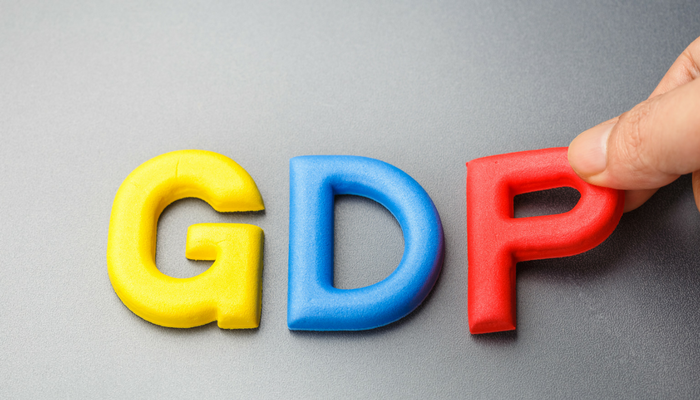Gaining Perspective from the 2017 World Happiness Report; Is the Whole World Smiling with You?

There’s an old song that sings, “When you’re smiling, keep on smiling, the whole world smiles with you.”
This song embodies the paradigm of Happytalism, which incorporates all qualities conducive thriving individuals, societies, and environments. The smile represents the impact of positive actions, and how powerful we truly are as individuals.
While the sentiment is certainly a beautiful one, and smiling is, in fact, contagious, according to the 2017 World Happiness Report, the whole world is not smiling together quite yet.
While Norway, Denmark, Iceland, and Switzerland rank as the happiest places on Earth, America drops down the scale, China remains in the same state of mediocrity they’ve experienced for the past 25 years, and much of Africa feels disappointed.
What factors create the marked difference in how happy people are across the world?
It varies by circumstance, but one thing is clear: Americans put high value on feeling mentally healthy. In fact, the large impact of mental illness seemed to be a trend among western societies.
The study also concluded that an increase or decrease in income will more dramatically impact a society, the poorer they are. In other words, income matters to happiness when there is no cushion to ensure basic needs, like food and shelter, are met.
Switching to the positives, the countries that ranked as the happiest shared qualities of mutual trust, shared values, generosity, and good leadership. So how do countries continue to improve their happiness?
Mindfulness seems to fit as a common ground answer, for first world countries, like the United States, and for third world countries, like some of the struggling African societies.
Though it is a bit more difficult for the third world countries, where people lack even basic needs of clean water, food, and medications, the importance of mindfulness still applies.
As psychologist Daniel Gilbert has concluded through his studies, being mindful allows for people to simply experience the situation, rather than label it as positive or negative. He explains, that the heightened awareness allows for the person to accept the moment and then handle it.
In a situation where people live in unimaginable poverty, mindfulness can help them enjoy the moments they share with loved ones, rather than live in fear of what tomorrow may or may not bring. After all, though some circumstances make it easier than others, people ultimately choose their state of mind.
Mindfulness can also help indirectly, because if more people become aware, and further apply compassion and empathy to increase the efforts already made, then strides for improvement can help the people there start to smile.
In conclusion, Happytalism is a choice that requires a conscious effort. Though all situations are not created equal, and some circumstances make it much easier to smile, mindful performance is a common solution for all. Humans prove to be resilient creatures, so no doubt, someday, the whole world truly will all smile together with you.





